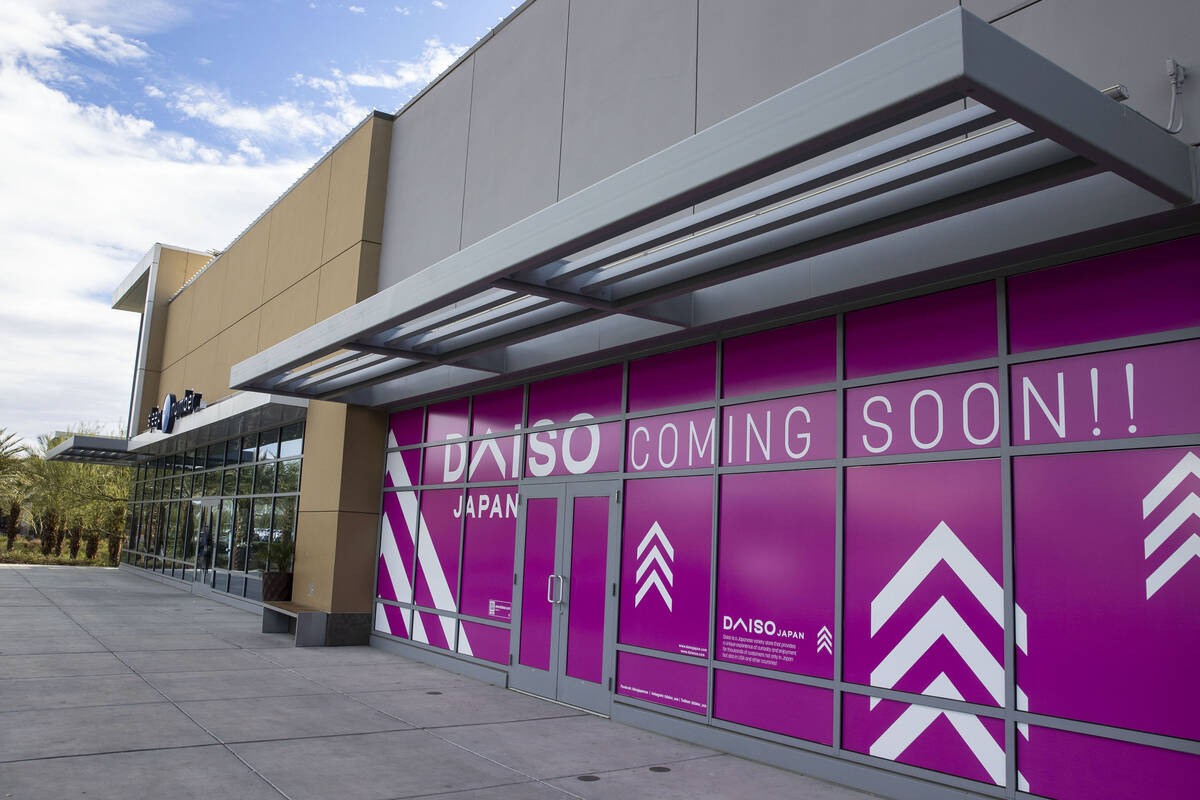Nevada businesses are not being forced into lockdowns under the latest restrictions imposed by Governor Steve Sisolak, but casinos and others must reduce the number of customers allowed to enter their doors in an already battered economy.
The governor announced on Sunday a three-week nationwide “break” after which gambling establishments, restaurants, bars, gyms and others must operate with a maximum capacity of 25 percent, compared to the previously required 50 percent. Retail stores are not required to reduce their capacity limits, although some have new mitigation requirements, while barbershops, nail salons, spas and others are exempt from the new restrictions.
The tightened rules, which come into force on Tuesday, are designed to slow the rapidly spreading coronavirus outbreak.
“Our growth in the number of cases is at a conflagration level,” said Sisolak.
Las Vegas’ tourism-dependent economy has been devastated by the coronavirus pandemic, which has kept people at home and away from the crowds for fear of contagion. Companies are likely to feel more pain if they have to further limit the number of customers at any given time.
MGM Resorts International, a dominant casino operator on the Strip, is immediately working to adapt its operations to the new restrictions, spokesman Brian Ahern said in a statement emailed.
He added that the new rules will “clearly have a big impact” on entertainment and that the company is working with its partners to determine a way forward. MGM had brought back seven shows earlier this month, including Carrot Top at the Luxor Theater and Jabbawockeez at the MGM Grand Garden Arena.
A spokesman for Caesars Entertainment Inc. said the company will comply with Sisolak’s orders. Restaurants and bars will remain open and continue to offer takeout options, and guests at most Nevada resorts have the option of ordering pickup or delivery to their hotel room.
Wynn Resorts Ltd. spokesman Michael Weaver said the company will also implement the governor’s policy, calling it “a prudent decision that protects public health”.
Casino operator spokesman Boyd Gaming Corp., Las Vegas Sands Corp. and Red Rock Resorts Inc. did not respond to requests for comment.
Culinary Union spokeswoman Bethany Khan declined to comment. Unite Here affiliates, Culinary Workers Union Local 226 and Bartenders Union Local 165, represent approximately 60,000 workers in Las Vegas and Reno.
“Chances of Survival”
Nevada Association of Employers executive director Thoran Towler said while he understands that “we are at a critical point in this fight against COVID-19, I am extremely concerned about Nevada’s small businesses.”
Towler said he regularly hears from businesses that barely survive, especially independent bars and restaurants that are struggling to stay open with 50 percent capacity.
“Now with a capacity reduction to 25 percent, I’m afraid of finding out how many of these facilities can stay operational,” he said. “I hope this ‘break’ can end soon, and I really hope that companies can survive it.”
It looks like Nevada’s unemployment rate was the second highest in the country at 12 percent last month, behind the other tourist destination Hawaii at 14.3 percent, according to federal data.
Gail Schomisch, co-owner of All Fired Up, its own pottery studio, said the new restrictions would directly affect their business operations.
“My clients tend to sit for a few hours straight because they make art and ceramics,” she said. “You can’t come in here, have a quick bite, like a Starbucks muffin and take away coffee, and you’re out. At such ridiculous hours of such ridiculous work I would have to be open to only admitting five people at a time. My chances of survival have just been canceled. “
Brian Gordon, a director of Applied Analysis consulting firm in Las Vegas, said that in the midst of all the changes, many companies in southern Nevada will “continue to shift their business models,” even though the recent measures could have “negative economic consequences,” especially for companies that which “already prepares with thin margins.”
Still, a nationwide “hiatus” as opposed to forced closings could mean some companies “step on the water until they can get to the other side of the situation,” Gordon said.
Josh Swissman, a founding partner of The Strategy Organization, a Las Vegas-based hospitality consultancy, found that most business owners would prefer to stay open if they had a choice of 25 percent work or their doors closed close.
“Sometimes you just lose less making money than if you were completely closed,” he said.
Barbara Finkel, owner of the Las Vegas Antique Center, looks forward to continuing to welcome visitors to her store. However, she is still concerned about whether her company will make it through the holiday season as Nevada residents are urged to stay home amid the still-raging pandemic.
“I hope to stay afloat,” said Finkel.
‘Big influence’
Sisolak said that while it prioritizes the health and safety of Nevadans, it also “offsets the significant impact that further constraints will have on our suffering economy.”
“No state struggles with this more than Nevada because our economy is not so diverse,” said Sisolak.
Virginia Valentine, president and CEO of the Nevada Resort Association, said that Sisolak “carefully and carefully considered this difficult decision” and that he was trying to “balance the best public health interests with the ongoing economic impact.”
“Like any state in the nation, Nevada faces a bleak future unless the spread of the virus is contained and quickly reversed,” Valentine said. “As the resort industry is doing its part to ensure compliance with this policy, we urge the public to join us by following recommended practices and behaviors. With the help of the public, we are optimistic that we can quickly master this situation and get back to business, get people back to work safely and move our economy forward. “
The review journal is owned by the Las Vegas Sands Corp family. Chairman and CEO Sheldon Adelson.
Contact Eli Segall at esegall@reviewjournal.com or 702-383-0342. Follow @eli_segall on Twitter. The review journal authors Subrina Hudson, Jonathan Ng, Bailey Schulz, Mike Shoro, and Richard N. Velotta contributed to this report.













